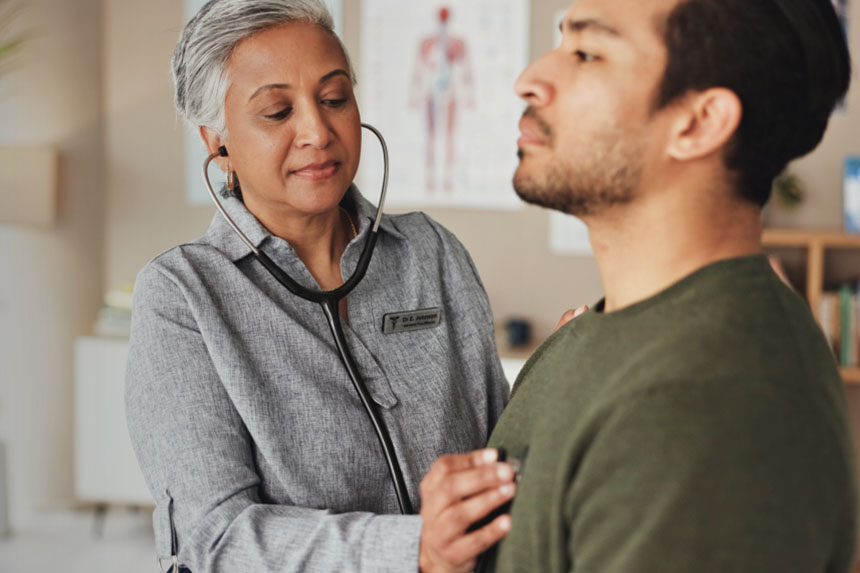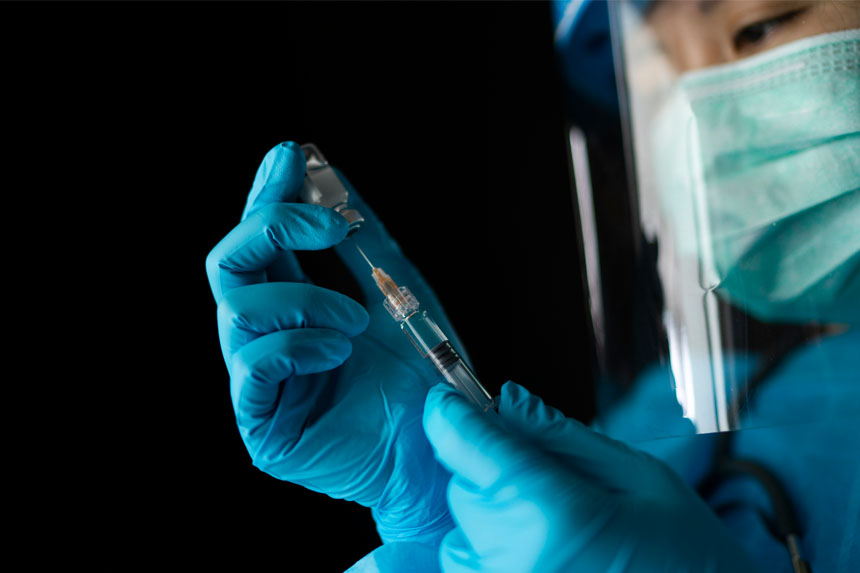How teams can prepare for the upcoming shortage of oncologists and the changing communication preferences of a new generation of physicians
By Robert Groebel, VP of Global Medical Strategy
As Medical Affairs continues to become more prominent, the traditional conversations between MSLs and experts must be upgraded or, at the very least, expanded upon with different yet complementary strategies. It is critical to develop a strategy for how to apply social media insights and engage with Digital Influencers, many of whom are part of the millennial generation, to collect new insights.
Digital Influencers are positioned to reach thousands of colleagues and patients with a single tweet to their virtual community of followers. They influence the industry by disseminating research and information quickly, through mediums that are second nature to the generation of “digital native” oncologists. These efforts provide greater access to groundbreaking research and increase awareness of emerging compounds and diagnostic breakthroughs to expand an organization’s “scientific share of voice” beyond traditional channels. For instance, MSLs can reach members of the treating community who may not regularly attend conferences or have the time to explore the mountains of peer-reviewed literature.
The immense scope and wide reach of a scientific expert’s Twitter profile is an important insight for MSLs. When Medical Affairs teams engage with Digital Influencers, they extend their own reach and expand their coverage when it comes to knowledge transfer and dialogues about emerging science. Doing so also emphasizes the value of Medical Affairs as a whole.
Luckily, the overwhelming majority of Medical Affairs professionals understand the importance of digital influencers. In a recent survey conducted by Monocl and the Medical Science Liaison Society, only 8% of the global respondents said that Digital Influencers are “not very” or “not at all” important to them, with the rest split evenly between those who consider them “very” or “somewhat” important. Today, the question is how to engage with both experts and digital influencers effectively and develop long-term strategies and processes around social media and digital engagement.
Creating a long-term strategy for social media engagement
Generating insights for the organization – this is the job of any Medical Affairs department, and social media listening offers a new way to inform company-wide objectives. Companies can identify experts with unique perspectives on relevant oncology topics, which can help validate key decisions. Generating valuable insights that are actionable on the company level requires a clear, long-term strategy.
A social media strategy must go beyond simply knowing who the primary Digital Influencers are for your specific therapeutic area. Finding the right audience, the right name, is just one small piece. Medical Affairs must also understand the context of that expert – including who influences them and what relationships are entrenched – and why they would want to engage and develop a relationship. A company’s digital engagement goals must also align with its medical strategy and consider how virtual channels can add value to the HCP community and ultimately improve patient outcomes.
Capturing social media information requires a data-driven process and a platform that makes it easy to find the right individuals. MSLs can focus on those digital experts who have the most significant impact or voice, with information like their number of followers and what kind of message they are sharing.
When Medical Affairs teams can easily identify and target the right individuals, they can use that information to make strategic decisions and start building out comprehensive engagement strategies with each digital influencer. Engagement may focus on addressing misinformation or ensuring that Digital Influencers have access to cutting-edge information and understand the impact of emerging innovation.
Engaging with the new generation of oncologists
The oncology workforce is due to become increasingly occupied by millennial physicians who prefer virtual collaboration and scientific discourse via social channels like YouTube and Twitter.
Traditional experts build their reputation and create their local, regional, or national networks via peer-reviewed publications and scientific leadership as well as clinical trial activity. These individuals will in many ways become seclipsed by Digital Influencers — a different class of experts who can create a sphere of influence by leveraging well-established digital channels. These digital influencers quickly deliver scientific updates, sometimes derived from their own work but most often from a multitude of traditional experts, that are consumed by thousands of loyal followers.
Identifying and connecting with digital influencers is now mission-critical for Medical Affairs, particularly as millennials are becoming a significant portion of U.S. on cologists. Medical Affairs departments must understand where they should communicate and to whom to help bridge the generational gap.
In this growing and complex market, data-driven insights are key for Medical Affairs to deploy scientifically strategic programs that combine both traditional expert and digital influencer engagement. In a rapidly evolving field such as oncology, driving innovation and improving patient outcomes relies on prioritizing the revolutionary strategies to address the digital influencer dynamic.
This Blog is part of a longer article. Want to read the full piece published on PharmExec.com? Click here




